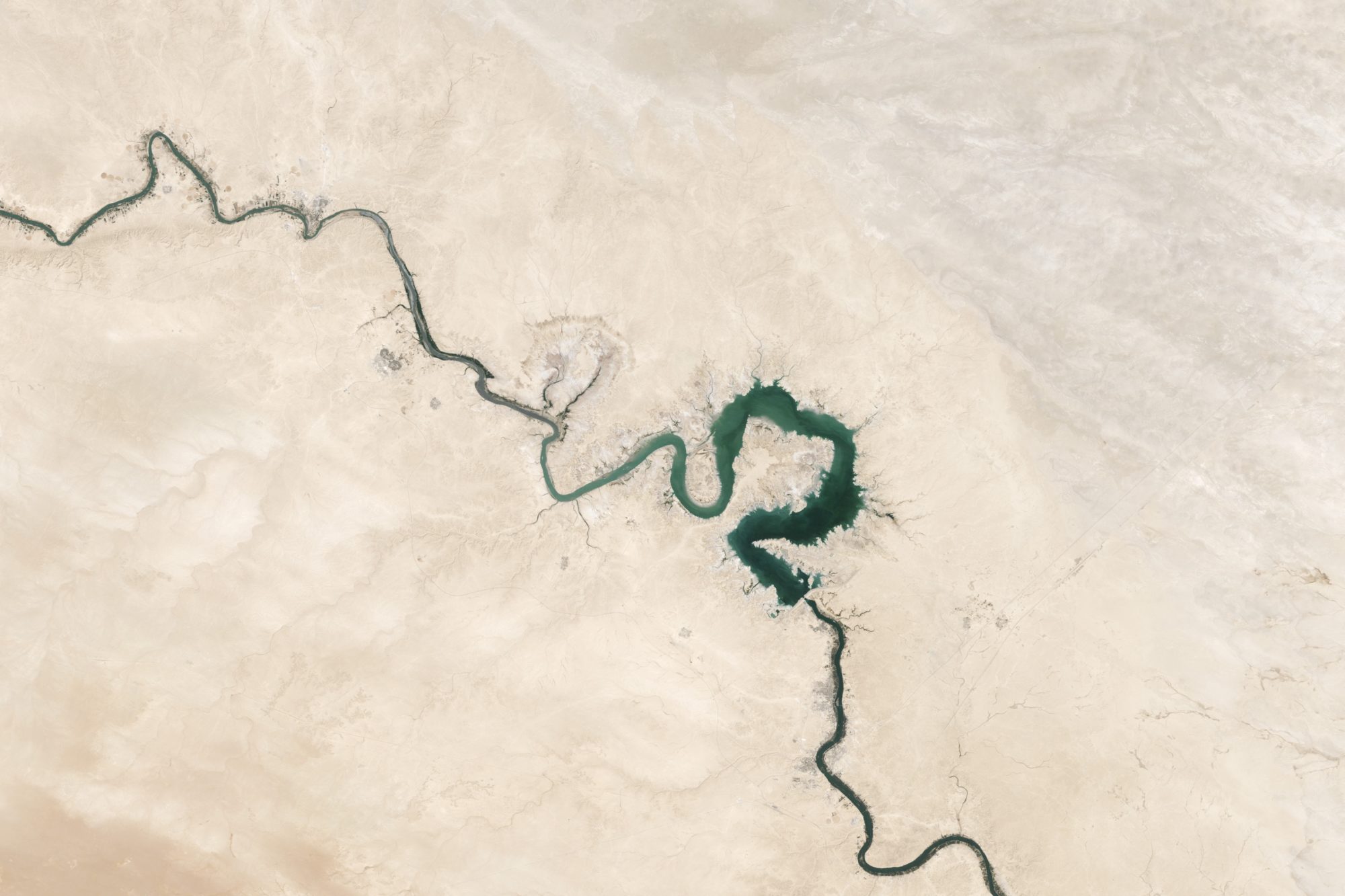In his first State of the Union address, President Trump briefly mentioned Iraq, arguing that the territorial fight against ISIS had been won, yet that “more work (needed) to be done” to fully defeat ISIS.
President Trump is right that more work needs to be done. Yet unfortunately, the essential steps that he and the American administration need to take to ensure that ISIS is permanently defeated have yet to be implemented.
For instance, the Pentagon recently decided to start the drawdown of thousands of U.S. troops while uncertainty in Iraq remains. Based on experience, I have deep concerns about the impact of a premature withdrawal on my country’s security. This is because while the Pentagon’s decision was based upon the recent successes in the war against ISIS, the political conditions that initially led to the formation of ISIS in Iraq are still there.
Iraq still needs genuine political reforms and national reconciliation efforts to be implemented. The militias continue to gain strength. The national army is weak and requires a major overhaul and development. And there are still millions of refugees longing to go back to their towns and homes.
This is the same dynamic of political instability in Iraq that led to the formation of ISIS in the first place. And because this instability persists, there is a distinct possibility that ISIS 2.0 will return.
Time is of the essence to prevent such a resurgence, and with Parliamentary elections being held just over the horizon in May, the urgent need for concrete political reforms to take place now grows more intense by the day.
As the leader of the Iraqi National Project, a multi-sectarian political party dedicated to a unified Iraq, I have registered my party to compete in these elections. I believe in Iraq and our future, and after having fought Al-Qaeda on the battlefield during the Anbar Awakening, when I lost 80 family members, I am now ready to compete on the electoral battlefield.
Yet I fear that my country’s leaders are not ensuring that it will be a fair battle. For this to happen, we need America’s help.
It is therefore crucial that political reforms between now and the May elections take place, and that American policymakers press the Iraqi government to enact their long-promised reforms. This will ensure that the elections are a legitimate success.
Unfortunately, the current political reform process is an illusion. The Iraqi government had originally argued for a delay in reforms until after the defeat of ISIS. Yet now it claims that it defeated ISIS but must still delay reforms until after the May elections.
We must remember that political disenfranchisement is what led to ISIS’s birth in the first place. When ISIS rolled into Iraq, it quickly occupied one-third of Iraqi territory within a few days due to local disenfranchisement in those occupied territories. It then proceeded to loot, torture and starve those people for three years. These refugees are lost and forgotten within Iraq.
A similar disenfranchisement dynamic is now taking root amongst the Kurds, who after announcing their intention to hold an independence referendum had their pleas ignored by the Iraqi government for six months prior to the vote. Now the Kurds, a population essential to the future of Iraq, are falling away as the central government continues to ignore their concerns.
However, because ISIS has been defeated militarily and an election is coming up, a window exists for the Iraqi government to fully investigate and rectify the root causes of these challenges. Sadly, it is not jumping through that window.
Instead, the Iraqi government and its ruling parties have neither yet figured out how to politically include the other nationalist parties or even to satisfy the demands of the Kurdish populations. These groups make up nearly half of the country, and we cannot have an election that reflects the will of the whole people if only half of the population is enfranchized.
Compounding these problems, real storm clouds gather over this election. For instance, there are still over three million Iraqi refugees and internally displaced people that escaped from the ISIS-held areas and are living in tents under harsh conditions. A delay in the elections should be considered until these refugees can move back into their towns and villages. And ominously, militias roam the country freely during this pre-election period, intimidating the population. The disbanding of these militias must be a top priority for there to be free and fair elections.
The current absence of a solution to these challenges, coupled with massive corruption, is a recipe for disaster that has the potential to lay the groundwork for continued extremism.
But all is not yet lost. A good place for President Trump to start would be to ensure that Iraq’s government takes concrete steps to ensure that Iraq has an election that all Iraqis can believe in.
Making Iraq’s political reforms work would do wonders not just for my country, but also for American hopes of both eliminating the terrorist threat from ISIS and bringing stability to Iraq once and for all.
Sheikh Jamal Al-Dhari is the President of the Iraqi National Project, a multi-sectarian progressive political party actively seeking peace, reconciliation, and democracy for Iraq.





















